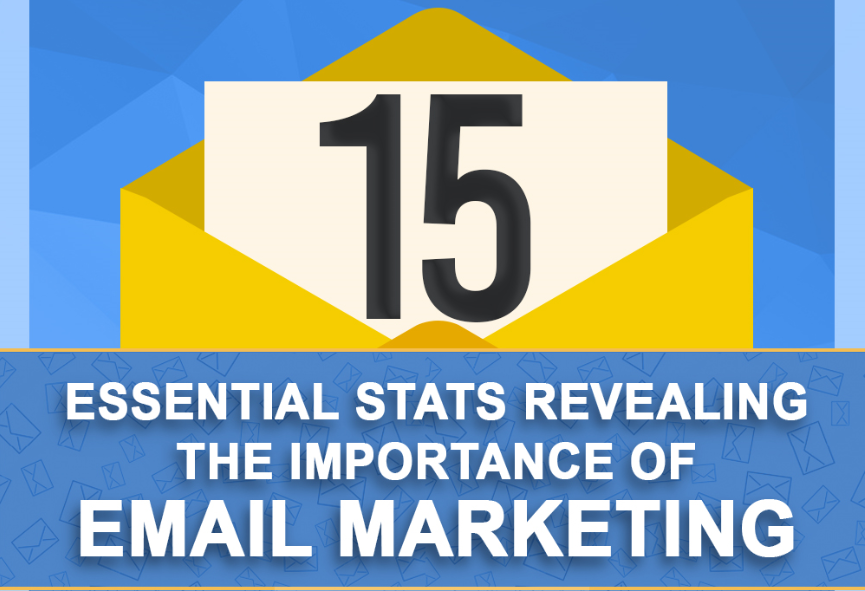In the current scenario, the data-driven marketing strategy has become essential for organizations. Without that, it has becoming increasingly challenging to generate the right business results.
Data, which is the goldmine of information, helps marketers to understand their customers better, and when you integrate the insights derived from the data with marketing strategy, then you are bound to achieve exceptional business results. You can understand what your customer would purchase, how much he is going to purchase, etc. thus helping you to plan accordingly and target your customer.
The below infographic depicts the same with the statistics, Martech Trends, best practices, and how organizations are using data-driven solutions.

Table of Contents
Data-driven Marketing Statistics
Importance of data-driven marketing as per marketers
- $6 billion spend every year on the data-driven solutions.
- 53% stated relevant communications as the main reason.
- 87% stated data as an underutilized asset
- 76% stated they make decisions based on data analytics.
- 78% Integrated of the marketer’s strategy.
- 69% stated it helps to focus on the content, messages
- 80% agreed it is important for marketing and advertising.
- 77% confident of data-driven approach.
Importance of data-driven marketing for organizations
- Data-driven marketing only is 20% of marketing spend.
- 75% witnessed increased engagement
- 88% used for better understanding of the customer
Maintaining the quality and interpretation of the data
- 54% of organizations faced data quality challenge
- 57% of the marketers cannot interpret the data
Implementation areas to increase conversions
- A/B testing- 60%
- Abandonment email- 32%
- Competitor benchmarking- 21%
- Usability reviews-28%
- Audience segmentation- 55%
- Website personalization- 46%
- Copy optimization-44%
- Multi-variate testing-46%
- Online survey-34%
- Website personalization-46%
- Customer journey analysis-63%
Benefits of Maintaining the Data Quality?
- 2/3rd of the leaders saw increase in customers.
- 5x more customer retention in the process.
Biggest challenges for the data-driven marketing are
- 26.1% – Difficulty in proving the ROI
- 44.6 % – Insufficiency of technology
- 21.7% – Lack of the resources
- 34.8% – Lack of the internal experience
- 25.0% – Poor data sharing protocols
- 32.6% – Lack of the first-party data
- 15.2% – Competitive
- 12.0% – Didn’t achieve success in testing
Data-driven Marketing Trends
MarTech trends that is helping data-driven marketing
- Omni channel beating multichannel
- Security and privacy to drive the strategy
- Smarter analysis= Smarter decision making
- Personalization getting more personal
Data-driven trends in 2020
- Data collection in an ethical way
- Highly personalized marketing automation
- Artificial intelligence for the follow-up of lead
- Data-informed SEO
- Giving importance to the quality of data
- Predictive analytics for a smooth and better CX
Best Practices and Benefits
Best practices for building the data-driven marketing strategy
- Starting with a pilot program
- End analytics quality relies on data architecture
- Data availability helps in self-service
Creating data-driven marketing strategy
- Determining the goals
- Building the team
- Gathering the data
- Evaluating the data
- Taking the right action
- Testing at the right time
Benefits from the data-driven marketing
- Authority
- Transparency
- New perspectives
- Higher Value
- Higher Traffic
- Multi-channel experience
- Better development of the product
- Enhanced customer experience
- Personalized marketing
The results from the data-driven process
- It accelerates improved business results.
- It revolves around customer experience
- It helps 6x more to gain profitability
Implementation of data-driven marketing
- Re-engaging prospects
- Strengthening the email drip campaigns
- Optimizing the paid search
- Targeting the customers with dynamic advertising
- Personalizing the user experience
Conclusion
Data-driven marketing has become a crucial part of the marketing process. Marketers are understanding their customers via data and accordingly strategizing the marketing process.
The power of data as a marketer one cannot ignore, as it helps to make the right decision for businesses.
Having the right data makes it easier for targeting right customers with an accurate marketing approach and the process driven by data.




